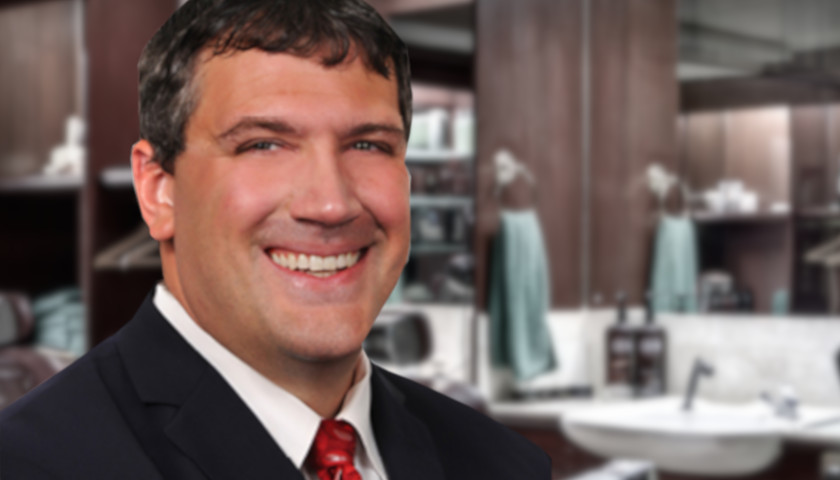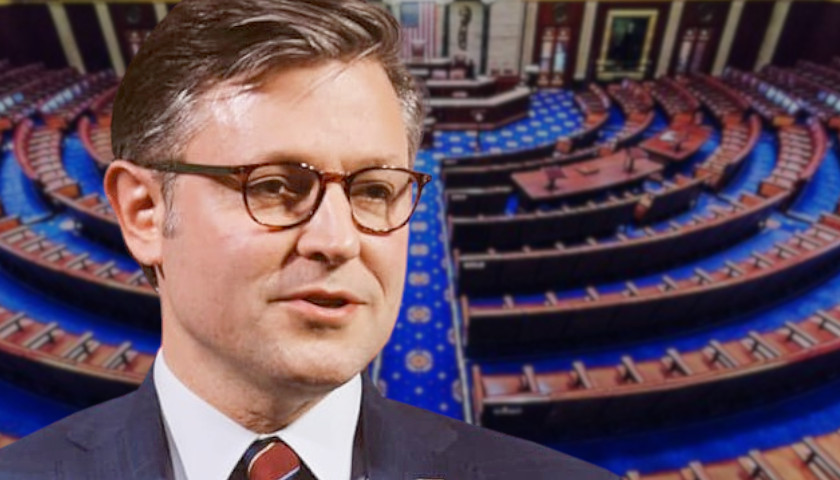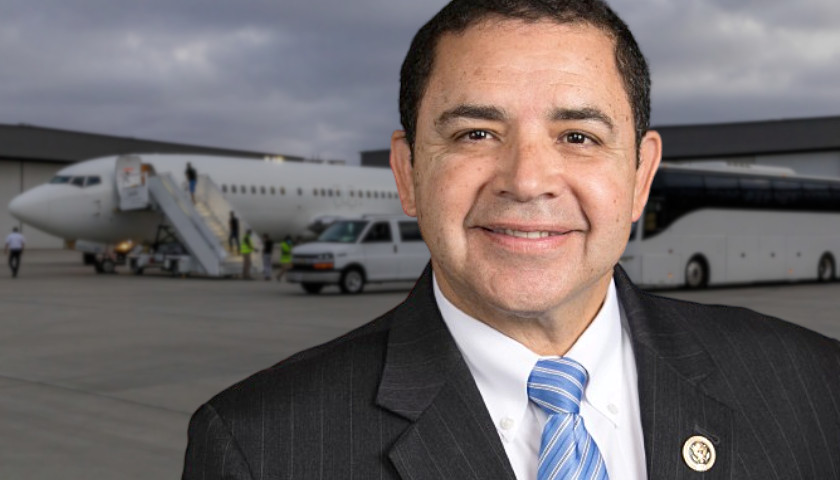Ohio is in “critical need” of reforming its outdated occupational licensing system, says a research fellow at The Buckeye Institute.
Greg R. Lawson, an expert on the matter of professional licensing, issued a statement Thursday thanking State Sen. Rob McColley’s (R-Napoleon) for his work pushing a bill that Lawson says would make the critical updates.
That bill is Senate Bill 255, which would reform the licensing requirements for a slew of professions. The senator testified as a sponsor of the bill Thursday before the House Federalism and Interstate Relations Committee.
To illustrate just how badly the reforms are needed, McColley cited the state’s current requirements of 1,500 credit hours to become a licensed cosmetologist and 1,800 hours to become a barber, while becoming an auctioneer requires Ohioans to complete a one-year apprenticeship and pay over $300 in licensing fees.
Yet, it only takes 150 hours and an $80 fee to become an EMT. Become a Realtor requires 120 hours.
These discrepancies can be burdensome on certain professions and stifling for young people trying to break into the industry, McColley said in his testimony.
In his follow-up statement, Lawson added:
Ohio’s burdensome occupational licensing requirements make it harder for Ohioans to get good paying jobs, get raises, and earn promotions – most especially for young and minority workers, and those without college diplomas. State permission-slip policies reduce jobs in Ohio and making it more expensive to find work exacerbates the problem.”
Lawson said bipartisan reformers have joined forces nationwide to increase opportunities for workers, and Ohio has a chance to join them.
Groups from across the political spectrum –including the Heritage Foundation, National Bureau of Economic Research, the Brookings Institute’s Hamilton Project, and Democrat and Republican administrations – have all called for the elimination of unnecessary and burdensome occupational licensing requirements.
“It’s time to fix Ohio’s broken system and give Ohio legislators the power to rigorously review existing and new licensing laws,” Lawson said.
A related bill in the State House, HB 189, on which The Ohio Star has previously reported, offers reforms of the cosmetology licensing requirements.
House Bill 189 would reduce the required number of training hours for a cosmetologist license from 1,500 hours to 1,000. It also offers an alternative route to a license through an apprenticeship program.
The bill is backed by the Ohio chapter of Americans for Prosperity and the Buckeye Institute.
One of the bill’s co-sponsors, Rep. Kristina Roegner (R-Hudson), says HB 189 is a bipartisan effort to reduce artificial governmental barriers to those seeking careers in the cosmetology industry.
Roegner stated on the State House website that New York and Massachusetts require 1,000 hours for licensure and other states are moving towards that goal.
“In studying the issue, the representatives found that there is NO correlation between additional hours of education and earnings or the pass rates on exams,” she said. “The only direct correlation with additional hours is increased debt for the private cosmetology student upon graduation.”
Ohio’s salon industry is a significant economic driver. Approximately 3,500 salon establishments employ over 23,000 individuals and generate annual sales of approximately $1.6 billion.
The Buckeye Institute has been at the forefront of calling for occupational licensing reform. The Institute’s reports, Forbidden to Succeed: How Licensure Laws Hold Ohioans Back and Still Forbidden to Succeed: The Negative Effects of Occupational Licensing on Ohio’s Workforce, have outlined the negative impacts of occupational licensing on workers and job creation.
– – –
Anthony Accardi is a writer and reporter for The Ohio Star.





